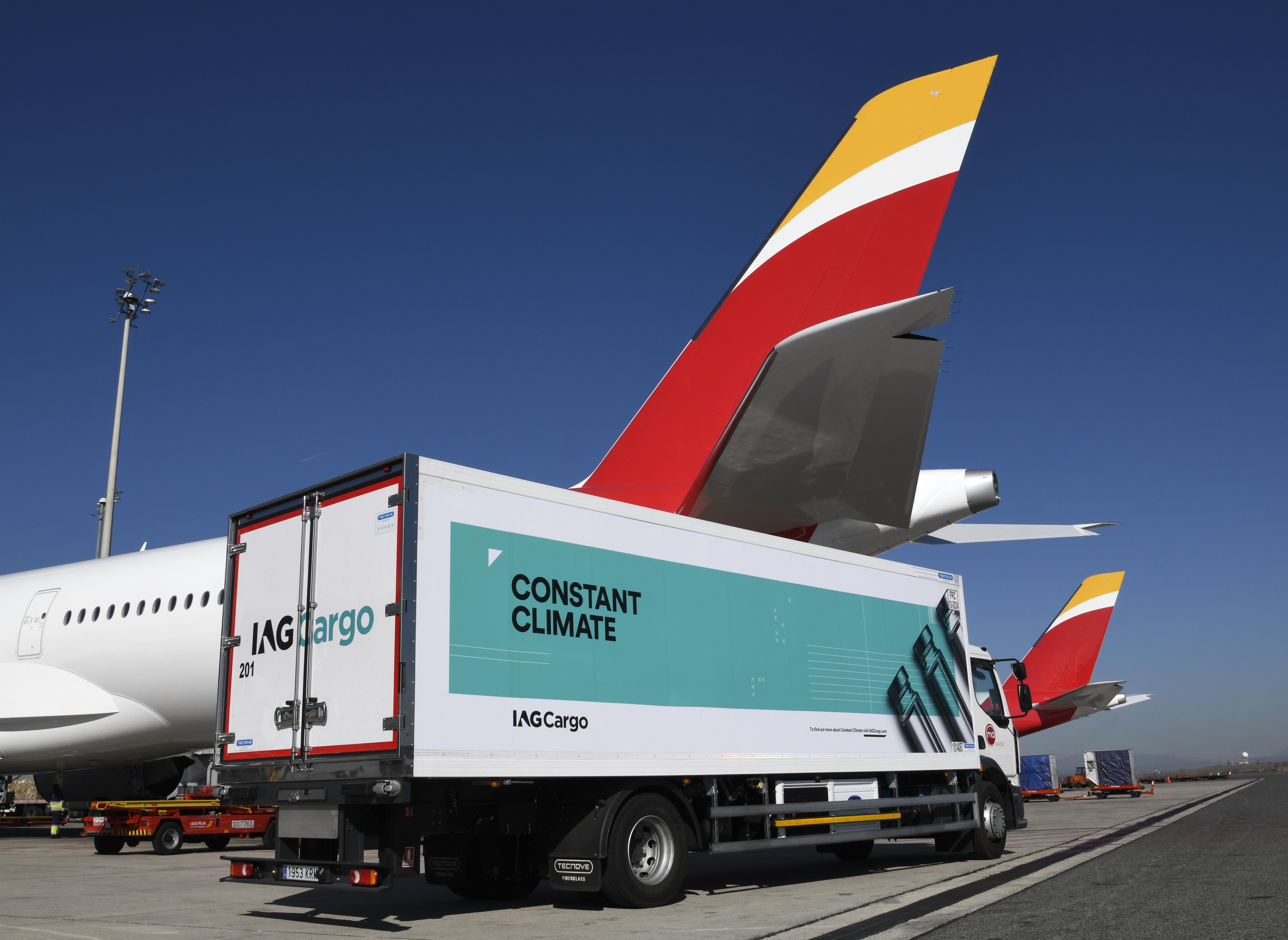
Both shipping and aviation face serious challenges to decarbonize their industries, and while the technical challenges are distinct, both sectors are eyeing different fuel types to bridge the gap until new propulsion technologies.
For shipping, the bridge is expected to be liquefied petroleum gas; for aviation, many are pinning their hopes on sustainable aviation fuel (SAF).
On April 23, airline group IAG announced that it would invest $400 million over the next 20 years to develop SAF, which it aims to use on 10% of its flights by 2030.
On the same day, Pratt & Whitney’s senior vice-president of engineering and technology, Geoff Hunt, outlined the need to develop SAF at scale, adding that a mix of regulatory sticks and financial carrots should be implemented to accelerate the “anaemic progress to date”.
He also noted that while today’s engines can theoretically run on 100% SAF, but modifications to certain components may be necessary to do so in real-world conditions.
At present SAF can only be used in up to a 50% blend with kerosene, but Hunt would like to see the development of “standards to allow any and all SAFs to be used interchangeably throughout the world, by any airline on any large commercial aircraft”.
Some deeper thinking may also be needed about what counts as SAF, which nearly produces as much tailpipe CO2 emissions as normal jet fuel, but is supposed to negate them over the lifecycle. In the case of SAF produced from crops grown on otherwise barren land, this is easy to see: plants that wouldn’t have been grown otherwise absorb carbon from the atmosphere and then emit it as fuel.
Unfortunately too much land would be required to produce enough of such fuel for the aviation industry.
The alternative is producing SAF from waste, but in this case the lifecycle CO2 savings are lower, although there are reductions in other emissions.





